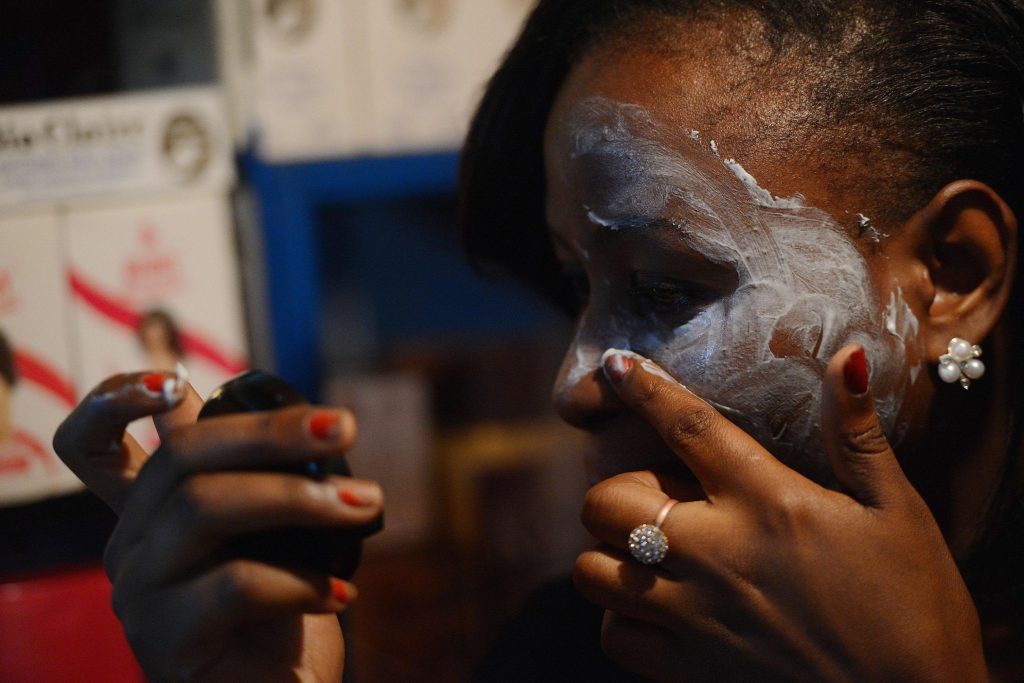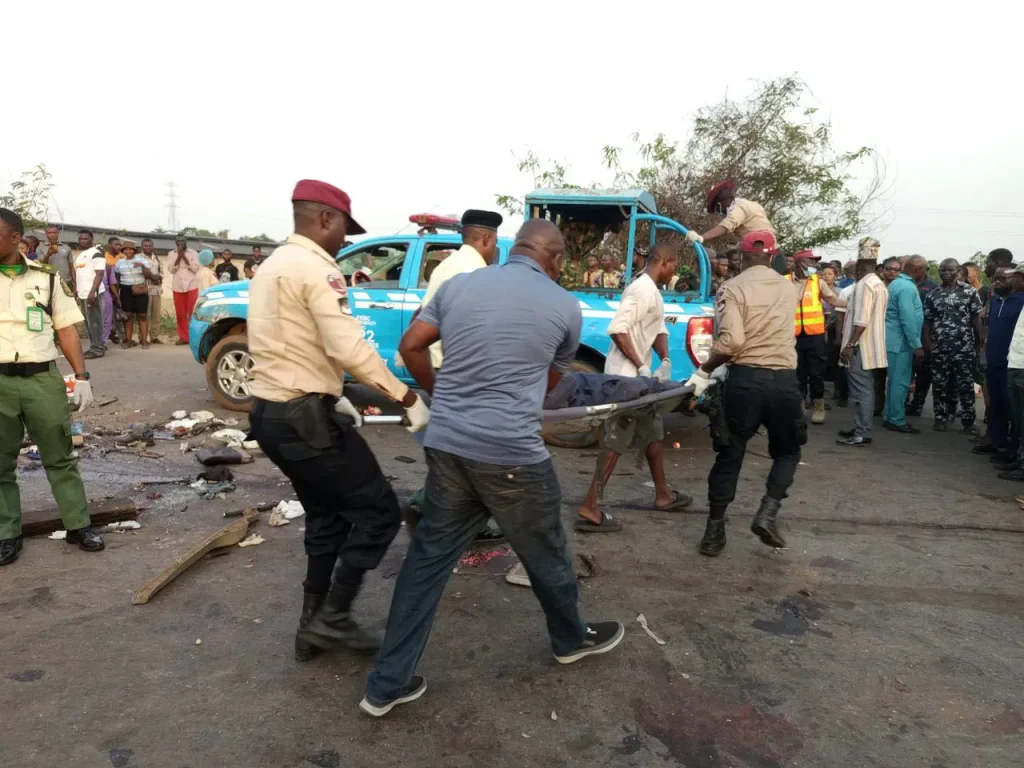In January 2025, a devastating incident at Lebechi Hospital in Owerri, Imo State, led to the deaths of Favour Paul and her newborn child. Her husband, Onyedikachi Eze, a building contractor, recounts the harrowing experience, shedding light on alleged medical negligence and systemic issues within Nigeria’s healthcare system.
Choosing Lebechi Hospital
Eze selected Lebechi Hospital for his wife’s antenatal care due to its proximity to their residence. The convenience was a significant factor, especially since transportation to their previous hospital would have cost N5,000—a considerable expense for the family. Eze believed that the nearby facility would provide timely care, particularly during emergencies when he might be unavailable to assist.
The Fateful Day
On January 21, 2025, Favour experienced abdominal pain and decided to walk to Lebechi Hospital around 10 a.m. Eze, working in Olo, Enugu State, received a distressing call from the hospital’s owner, Dr. Lebechi Chijioke, informing him of his wife’s critical condition. He arrived at the hospital by 2:23 p.m., where Dr. Chijioke recommended an immediate Cesarean section (C-section) due to complications with the placenta.
Allegations of Unprofessional Conduct
Eze observed several alarming practices during his wife’s treatment:
-
Unqualified Personnel: The surgical team comprised two male doctors and three female nurses. Disturbingly, Eze noted that the nurses appeared to be watching YouTube tutorials on performing C-sections during the procedure. This raises serious concerns about their qualifications and the hospital’s standards.
-
Power Outage and Generator Issues: A power failure occurred during the surgery. The hospital’s generator malfunctioned, and Eze had to personally repair and refuel it, highlighting the facility’s lack of preparedness and adequate staffing.
-
Lack of Transparency: Dr. Chijioke did not inform Eze about the identities or qualifications of the doctors performing the surgery. Post-operation, she mentioned that surgery was not her area of specialization, further compounding Eze’s distress.
Tragic Outcome
After the surgery, Eze was informed that his wife required additional blood transfusions. Despite efforts to procure the necessary blood, Favour’s condition deteriorated. By midnight, both Favour and their newborn daughter had passed away. Eze was devastated, especially upon learning that the baby had died earlier, but this information was withheld to prevent him from becoming overly distressed.
Systemic Issues in Nigerian Healthcare
This incident underscores broader challenges within Nigeria’s healthcare system:
-
Maternal Mortality Rates: Nigeria has one of the highest maternal mortality rates globally, with approximately 545 deaths per 100,000 live births. Factors contributing to this include inadequate healthcare infrastructure, limited access to quality medical services, and medical negligence.
-
Medical Negligence: Cases of unqualified personnel performing critical medical procedures are not isolated. The lack of stringent regulatory oversight allows such malpractices to persist, endangering patients’ lives.
-
Infrastructure Deficiencies: Frequent power outages and inadequate backup systems, as seen in Eze’s experience, are prevalent in many Nigerian healthcare facilities. These deficiencies can have dire consequences during medical emergencies.
Legal and Social Repercussions
Following the incident, Dr. Chijioke was taken into police custody. However, Eze expressed concerns about potential biases, noting that both Dr. Chijioke and her husband maintained their innocence and suggested that Eze still owed them payment for the failed procedure. This situation highlights the complexities victims face when seeking justice in cases of medical negligence in Nigeria.
Community Response
Eze lamented that it was only after his wife’s death that community members came forward with negative experiences about Lebechi Hospital. This delayed sharing of information suggests a culture of silence or fear, which can prevent timely interventions and perpetuate substandard medical practices.
Impact on the Family
The tragedy has profoundly affected Eze’s family. Their young son, now under the care of Eze’s sister, has been experiencing health issues, including persistent cold and cough, and has been emotionally distressed, crying frequently since the loss of his mother and sibling.
Conclusion
The heartbreaking events at Lebechi Hospital serve as a stark reminder of the urgent need for comprehensive reforms in Nigeria’s healthcare system. Ensuring that medical facilities are adequately staffed with qualified professionals, equipped with reliable infrastructure, and subject to strict regulatory oversight is essential to prevent such tragedies in the future. Additionally, fostering a culture of transparency and community engagement can empower individuals to speak out against malpractices, potentially saving lives.













